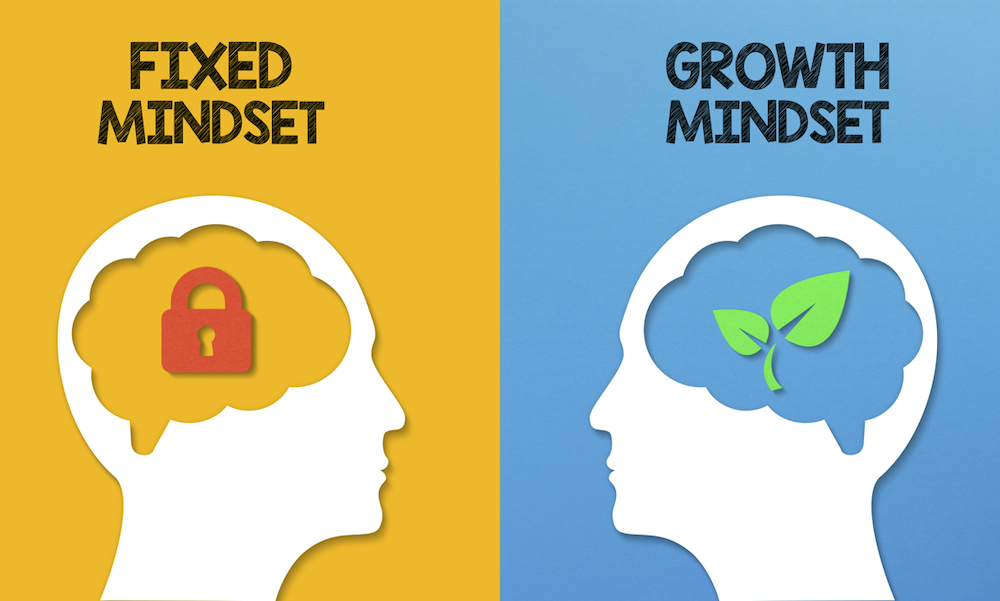Opinion: Mindset is a tool that we can leverage

I love talking about the generational differences within the agriculture and food sector.
Read Also
Long-term public land leases could enable young farmers
Young farmers who operate businesses on publicly owned properties in Ottawa and the greater Toronto area say long-term leases of…
I had some eye-opening conversations when I spoke to a number of farmers last fall for Country Guide’s Best Advice podcast series, and learned how they approach business on the farm.
You could tell early in our conversations what type of mindset each farmer had. They quickly shared how different they were from their parents in how they chose to do business and operate on the farm. Many approached their challenges and business opportunities with a growth mindset.
And something surprising stood out for me. This wasn’t an age thing.
Not only were the young farmers armed with a growth mindset, but most of them —regardless of age, experience or life situations and challenges — were farming with a ‘can do’ attitude.
The word mindset is not one I hear often within our agriculture and food circles, compared to other circles I’ve worked in.
Carol Dweck, a Stanford psychologist considered one of the pioneers of mindset, says that it’s not intelligence, talent or education that sets successful people apart. It’s their mindset, or the way they approach life’s challenges.
According to Dweck, there are two different mindsets we have as humans – a growth mindset or fixed mindset. A growth mindset is based on “the belief that your basic qualities are things you can cultivate through your efforts” whereas a fixed mindset is “the belief that your intelligence, talents and other abilities are set in stone.”
And this is what made me contemplate the idea of mindset within agriculture and food. What type of mindset do we use in how we do business within our sector, and how will this impact the future of our sector?
Many colleagues and friends in other sectors are asked to make the study of ‘mindset’ a major part of their professional development journey. For other sectors, books are the ‘business gospels’ for organizations and businesses. Books like Think and Grow Rich by Napoleon Hill, Meditations by Marcus Aurelius or Who Moved My Cheese?: An Amazing Way to Deal with Change in Your Work and in Your Life by Spencer Johnson are business staples that other sectors swear by in developing their people.
One of the greatest lessons I’ve learned as a business owner working within our sector is how instrumental the word ‘mindset’ is to being an entrepreneur. Without a growth mindset, I wouldn’t exist as a small business owner. Almost all the business owners I know, or learned from when I started out in entrepreneurship, are armed with a growth mindset.
And it makes me think of the conversations I suspect are happening right now on farms all across Ontario, and how each generation is potentially approaching challenges and opportunities differently compared to another generation.
It also gets me thinking that mindset is not an age thing. There are many other factors at play, including when you were born, when your parents were born, what experiences shaped your upbringing and how success was defined for you when you were chasing dreams as a young person starting out.
I suspect that success back in the 1980s and early ‘90s for most farmers was most likely about keeping the lights on during sky-high interest rates and about building an appropriate farm size that worked to maintain the lifestyle built from what their grandparents had during and after world wars.
Growth wasn’t a word used at 18 per cent interest rates.
Compare that with the times we’re living in, where if you’re a young person who doesn’t mention the word ‘growth’ in some way almost daily as part of succession plans and annual business planning conversations, then you’re made to feel like you’re behind.
This is required of the current and future generation of farmers, our millennials and Gen Z, who for economies of scale will have to continue to grow to be able to operate and farm in Canada. That’s just what business calls for nowadays, which is a stark contrast to what was asked of our parents and how they farmed only a few decades ago.
Two completely different ways of approaching, thinking and doing business. And neither one is wrong or right.
Either way, it left me thinking about how we’ll need to approach our challenges and opportunities as a sector. Will we approach our future with a growth mindset, working to fix and find solutions, thinking outside the box, all while being agile, resilient, open to change and with a progressive, forward-thinking sense of optimism?
Or will we approach our problems from a ‘woe is me’ victim type of mindset that makes our solutions feel too far out of reach, and as though our problems are bigger than we can solve?
If we are to grow to be THE sector of our country’s future and attract the talent required, we’re going to have to look at how we portray ourselves and become a sector that creates and fosters everything from a growth mindset.
I can guarantee that the top talent and next generation of leaders and farmers)want to know they’re part of the solution in how we address the challenges and opportunities to feed our country and the world.
Source: Farmtario.com

